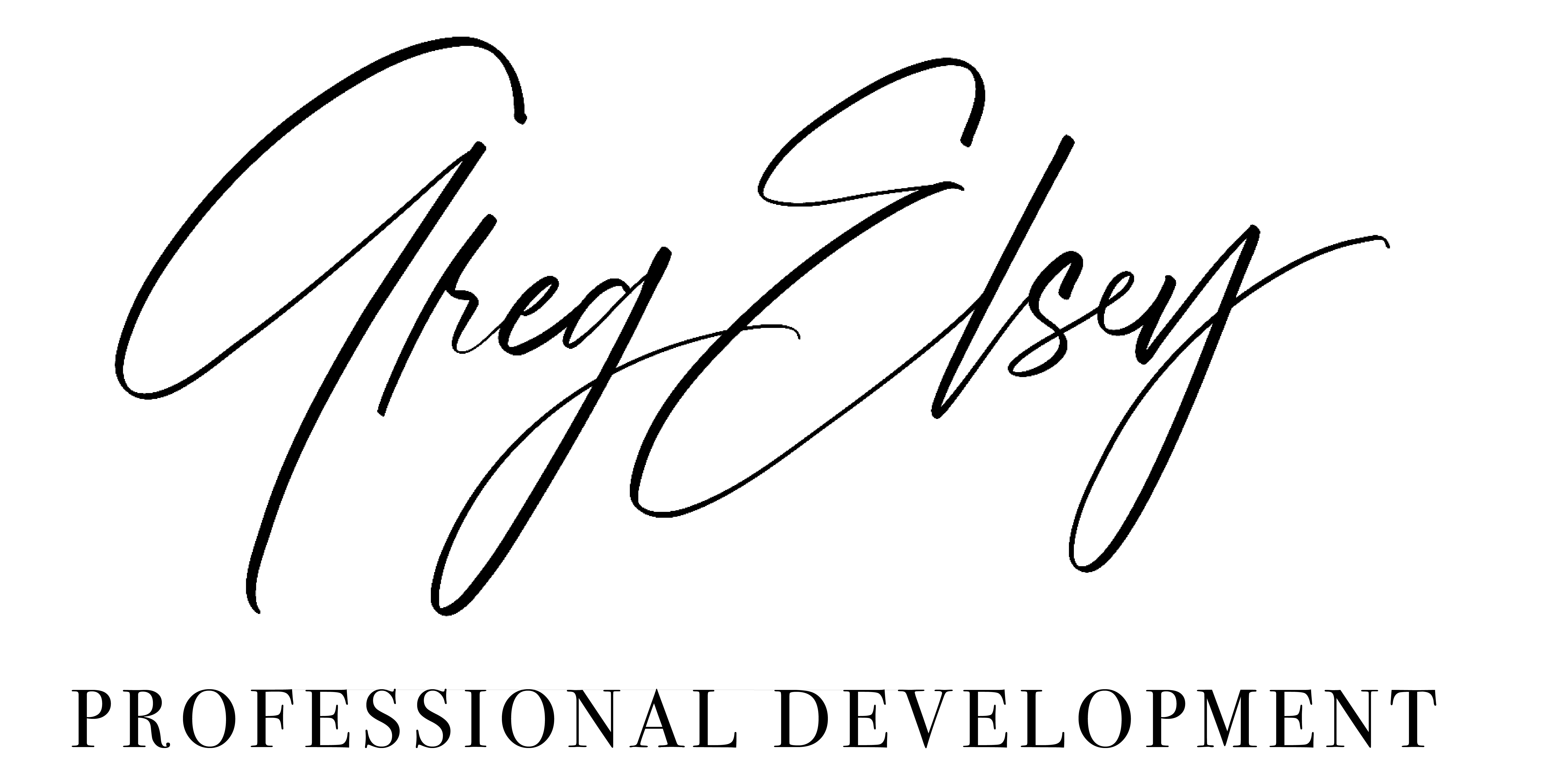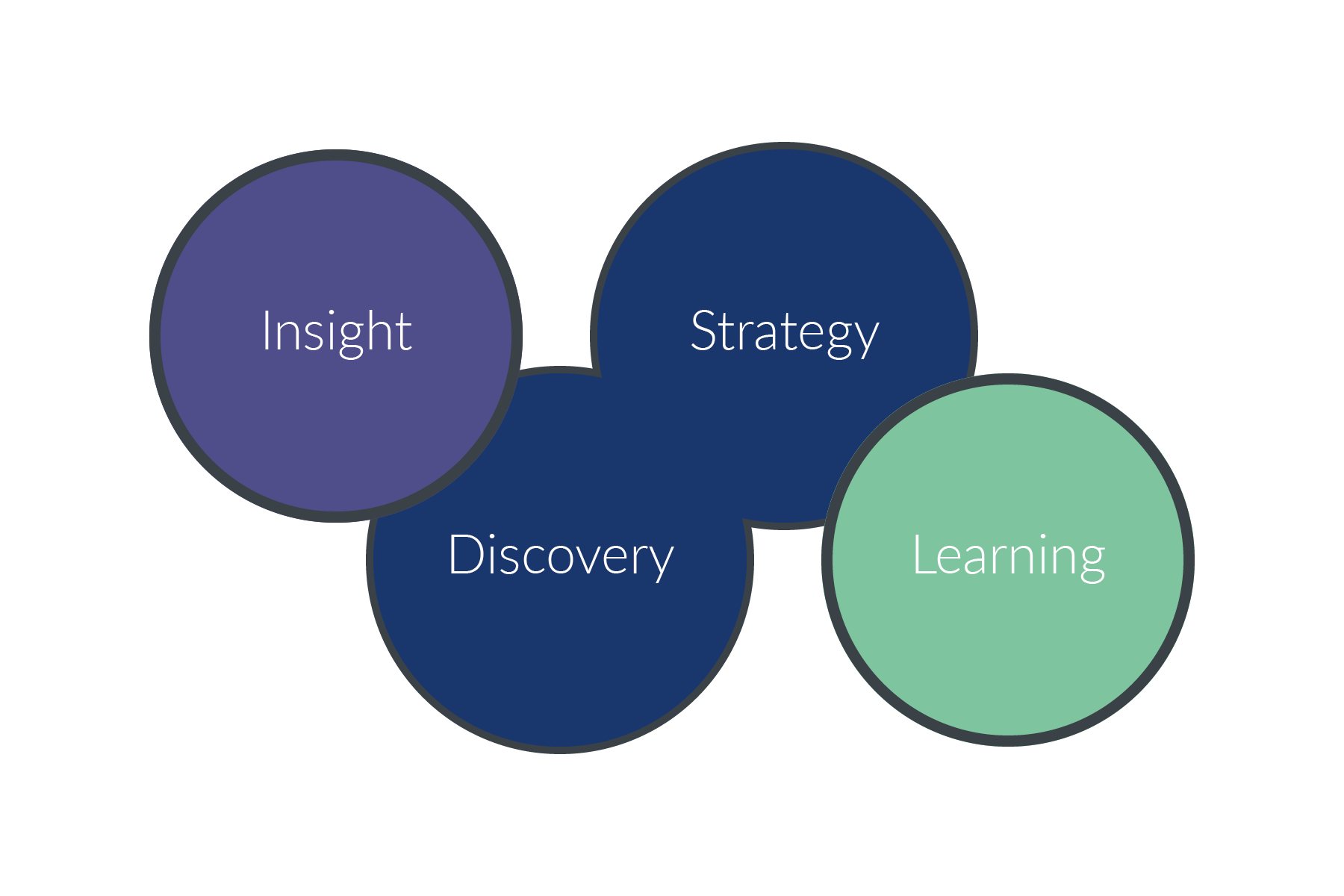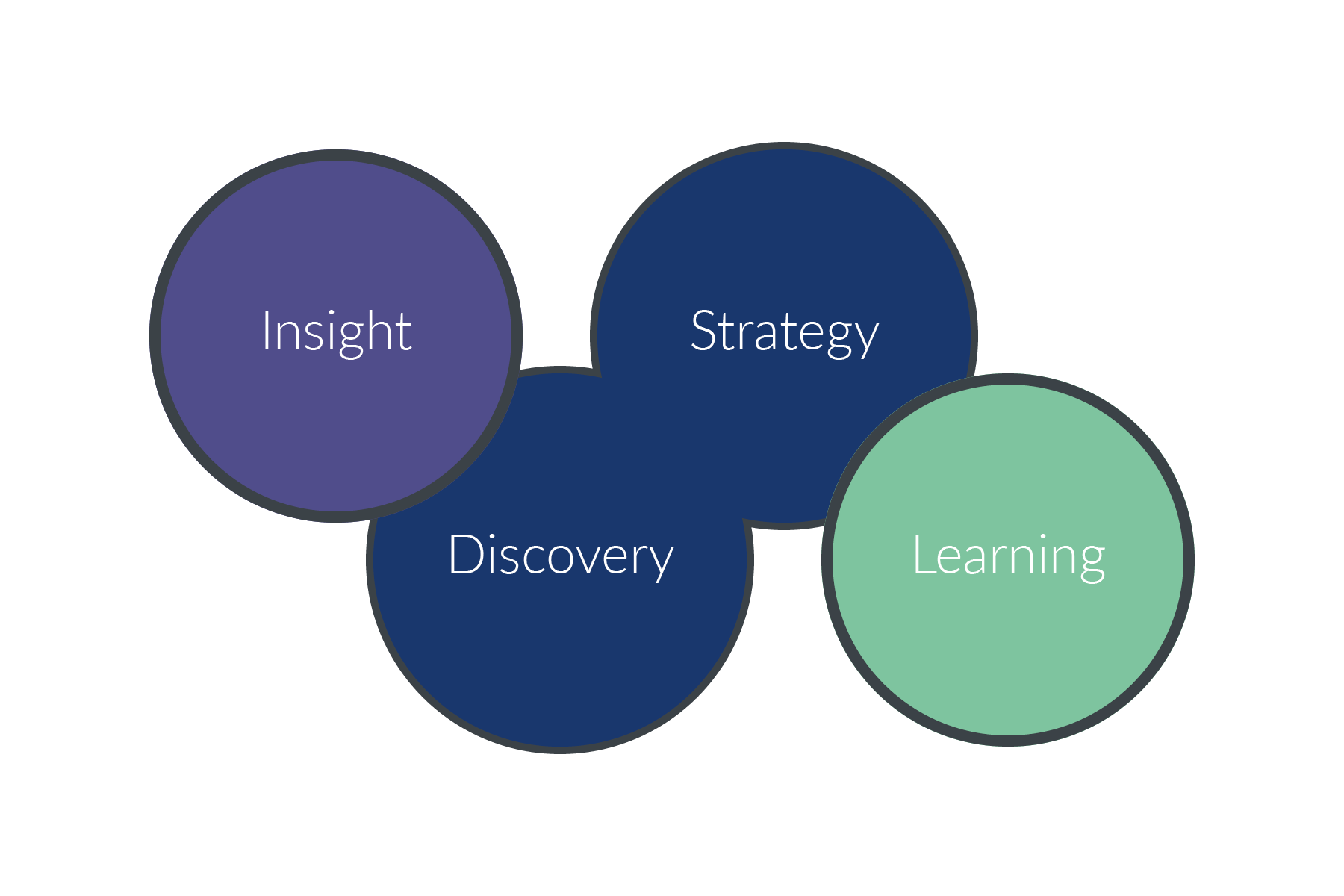We all want job satisfaction, and as a manager, we know how much better the workplace can be when staff feel fulfilled in their jobs. Some people simply love their jobs, and it’s great if you’re one of those people, but many work to provide for themselves and their families without the expectation that work will be meaningful or satisfying for them. Job satisfaction is a complex goal, and what satisfies one person can mean nothing to another. It’s a very personal thing and it’s up to each manager to know their staff well enough to be able to gauge what they can do to encourage and show appreciation.
Here are just three things that I have found universally satisfying for staff.
Gratitude.
This is such an obvious one. Businesses are built for profit and in order to get the most out of everyone who is drawing an income, hours can be stretched, roles broadened. A conscious or an unconscious push by the business to wring the most out of everyone can seem ungrateful. It can demotivate the most conscientious employee.
The ideal situation is that each person works hard for the hours they are paid, can take the breaks they are due, can achieve exactly what is expected of them and know unequivocally that the company is grateful to them. Most of us negotiate around this ideal, and try to find fulfillment on a continuum as close to it as possible. As long as we’re not feeling cheated, we can sometimes feel okay with a compromise.
When a manager expresses gratitude, an employee feels necessary and needed. You can engender an atmosphere of grateful collaboration, rather than resentful entrapment.
Respect.
This can be a real crazy-making point. For example, when applying for and being accepted for a job, you are often given a document that outlines exactly what is expected. Over time, the role expands and you’re likely to be working outside of the initial contract and many of us go along with this, up to a point. Each of us has our limits and in fact most of us have two limits. Our first limit is our awareness that we’re being pressured to step further and further outside our agreed role, and our second limit is the point at which this becomes unacceptable. Some of us reach those two limits concurrently, but for the most part, we are usually willing to stretch ourselves without argument.
Clarity and sanity are happy bedfellows. In order to feel respected, we want to know what’s expected, we want to know when that expectation changes, and we want all of this up front. A manager can make this happen. Managers are not always in ultimate control of what’s expected from staff, but they can make choices around how and when new expectations are delivered.
When people are told up front, without prevarication, what they must add to their duties, and are then given the opportunity to air any points of dissatisfaction, in a safe and respectful way, you’re doing so much more than acting merely as the sender of an unpleasant email or memo with no face, no backbone and no respect.
Affirmation.
We all need to know when we’re doing our job well. We need clear and honest feedback about what’s expected of us and we need to know whether we’re achieving or even exceeding expectations. This kind of communication can mean the difference between continued excellence or a drop in productivity.
If appropriate, specific affirmation is an ongoing, expected thing, staff will keep it in mind daily, and it can have a direct impact on morale. A manager can create a format for delivering affirmation that best suits the industry they are in. They can choose between written and verbal affirmation, where and when it is given, and whether any rewards are appropriate and available. To some employees, regular, specific affirmation can mean the difference between merely tolerating their job and feeling like an important part of the company.
Managers can’t always give financial bonuses, or even promotions, but they do have ways to show employees on a day to day basis that they are valued and play a worthwhile role in the company. Gratitude, respect and affirmations are free, and any manager can learn how to add or improve on their use of these each day. Contact me if you’d like to hone these skills in your management role.



